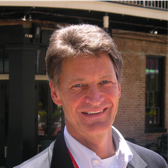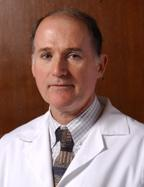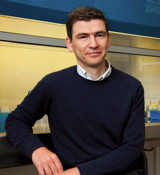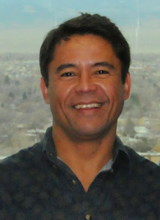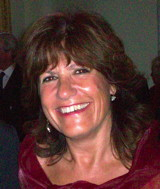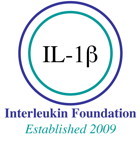Scientific Advisory Board
The Scientific Advisory Board (SAB) consists of renowned experts in the field of Cytokine research.
The Scientific Advisory Board (SAB) consists of renowned experts in the field of Cytokine research.
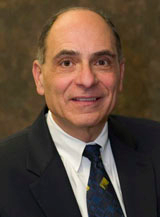
In 1998, Dinarello was elected to the United States National Academy of Sciences and in 2010, he was made a foreign member of the Royal Netherlands Academy of Sciences. He is a member of the Board of Governors of the Weizmann Institute (Israel) and Ben Gurion University (Israel) and former Vice President of the American Society of Clinical Investigation and President of the International Cytokine Society. He has received honorary degrees from the University of Marseille (France), the Weizmann Institute (Israel), the University of Frankfurt (Germany) and Roosevelt University (USA), Albany Medical College (USA), Radboud University (Netherlands) and Trinity College (Ireland).
For his contributions to the field of cytokines and medicine, he received the Squibb Award (USA), Ernst Jung Prize in Medicine (Germany), Gold Medal of the Heilmeyer Society for Internal Medicine (Germany), Chirone Prize (Italian National Academy of Medicine), Carol Nachman Prize (Germany), Sheikh Hamdan bin Rashdid al Maktoum Award (United Arab Emirates), Beering Prize (USA), Albany Prize in Medical Research (USA), Crafoord Prize of the Royal Swedish Academy of Sciences (Sweden), Paul Ehrlich Prize (Germany), Bonfils-Stanton Prize (USA), the Novartis Prize in Clinical Immunology (Switzerland) and in 2012, the Bonazinga Award (USA). In November 2013, Dinarello received the Lifetime Achievement Award of the Eicosanoid Foundation for his pioneering studies on the role of lipids in cytokine-mediated inflammation. This June, he received the Drexel Prize in Immunology.
Dr. Dinarello donates the monies from awards and prizes to The Interleukin Foundation, a charitable foundation he established in 2009, which supports research on cytokines to young investigators.
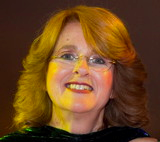
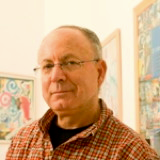
Dr. Apte is well known for his work in cytokine biology with special emphasis on interelukin-1 alpha (IL-1α). He has emphasized in his studies the unique functions of IL-1α and IL-1β in steady-state homeostasis and in disease (inflammation, cancer, myocardial infarction and atherosclerosis). The group of Dr. Apte has made seminal contributions on the role of IL-1 in cancer-mediated inflammation and on the differential roles of IL-1α and IL-1β in tumorigenesis, tumor invasiveness and angiogenesis and in interactions between the tumor and the host’s immune system.
Dr. Apte has served as president of The Israel Immunological Association (1994-1999), Member of the boards of the European Cytokine Society and its journal- European Cytokine Network (since 1989). Dr. Apte was also among the founders of The International Cancer Microenvironment Society and has served as a charter member of and as a member of the Editorial Board of its journal Cancer Microenvironment. In 1020, Dr. Apte was awarded the prestigious Samuel and Paula Elkeles for excellence in medial research in Israel issued by the Jewish Nation Fund. Dr. Apte published more than 80 original research papers on cytokines and is an international expert in the role of cytokines in tumorogenesis.
Professor Cominelli published a series of seminal papers describing for the first time, the expression, localization and effects of specific IL-1 blockade in rabbit immune complex colitis. The impact of these discoveries was highly significant since the paradigm in immunology at that time was that single cytokine blockade in chronic inflammation would fail due to the redundancy of the cytokine network. Fabio Cominelli was the recipient of the prestigious Outstanding Investigator Award from the American Federation of Clinical Research in 2002 for this important contribution.
Since 2008, Dr. Cominelli is Chief of Gastroenterology and Director of the Digestive Health Institute at University Hospital Case Medical Center in Cleveland, Ohio.
